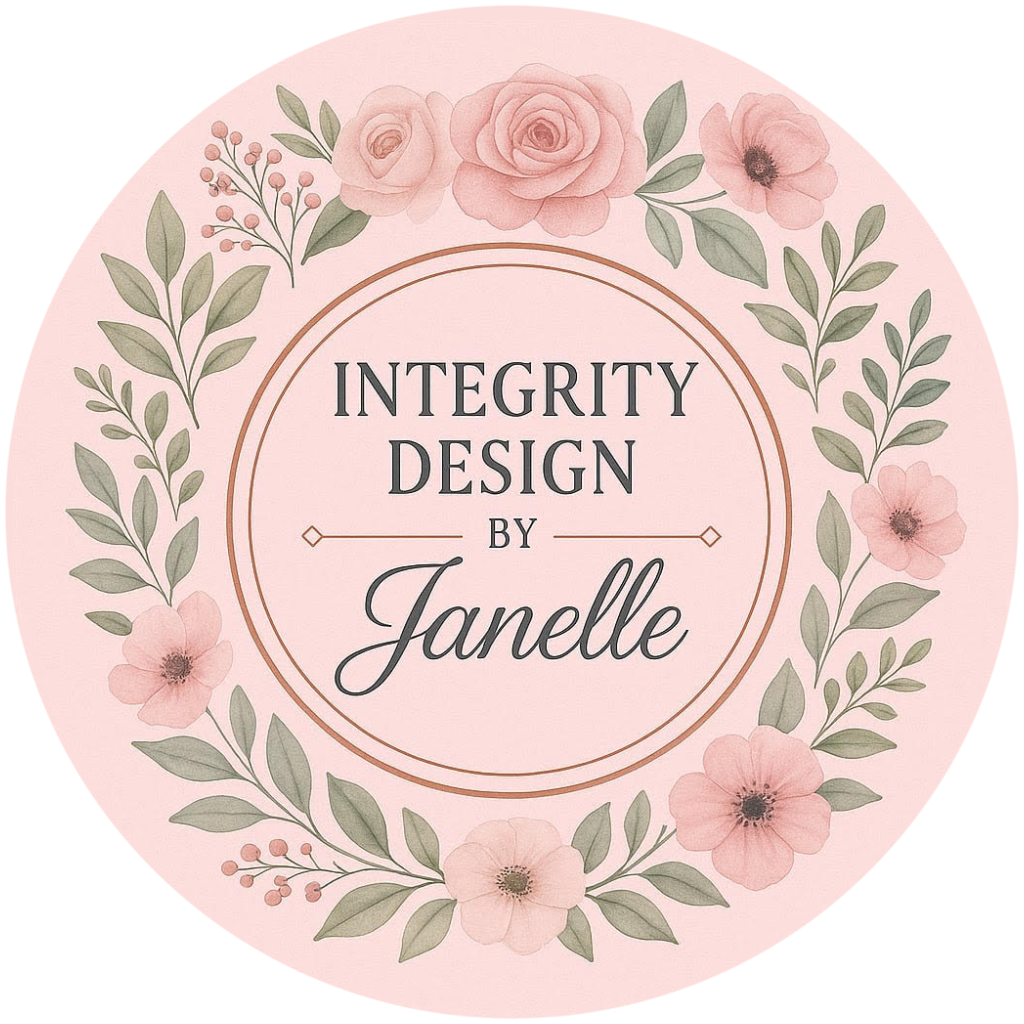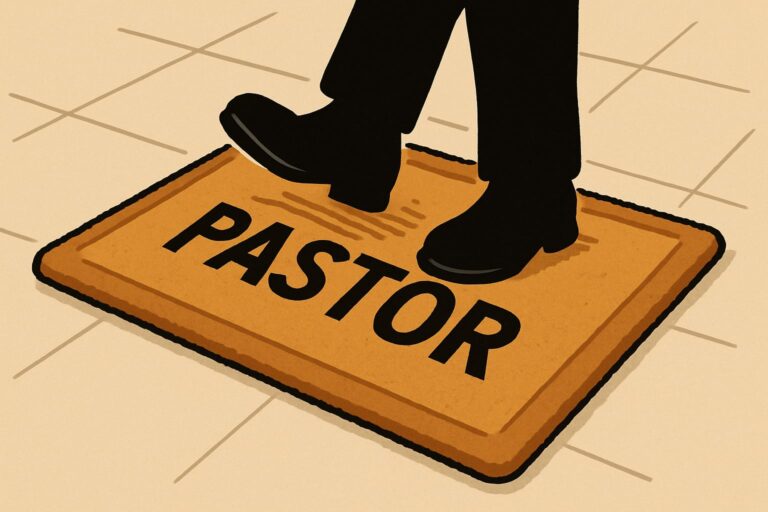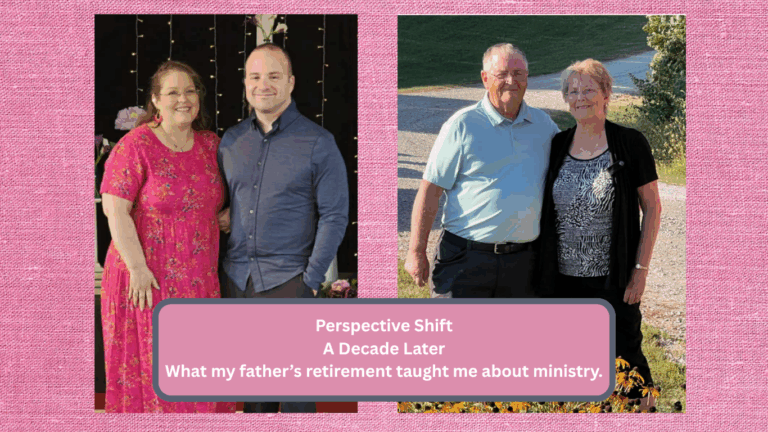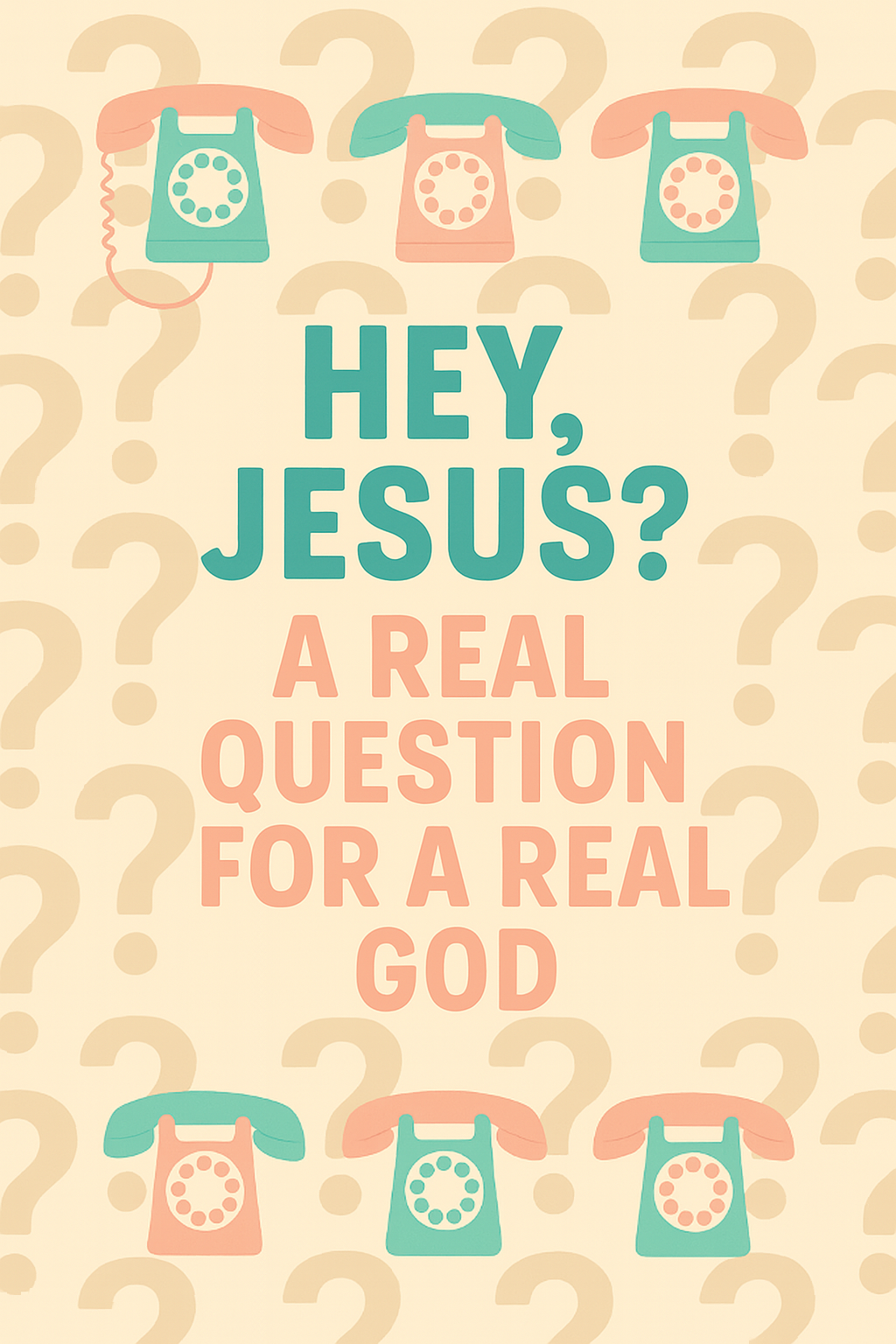I Found Out I Was Pregnant in a Kmart Bathroom: Thanksgiving Weekend
It was Thanksgiving weekend. The house was full of family, but I wasn’t the same Janelle who had walked out the door just a week earlier to head back to college.
The week before, as I was loading my laundry into my car, my mom and I had a short but candid conversation. I can still hear her voice: “Just don’t come back home pregnant.”
The truth was — I already was. I just didn’t know it yet.
Fast forward less than a week, and there I was, pulling into the driveway with the weight of it all sitting heavy on my chest.
I waited.
Being the youngest of five — and the youngest by nine years — meant I was used to being “the baby” of the family. All but one of my siblings came home for the holiday. My aunt and uncle were there. A few cousins. The house buzzed with the familiar chaos of laughter, food, and cards around the table.
I endured the day, quieter than usual. Eating all the food — trying not to throw up all the food. Nausea had already set in; I was about six weeks along by then. Lunch turned into evening. The whole family gathered, playing cards, telling stories, laughing like we always did.
I decided to ease my way into it by starting small: I pulled out a photo of my boyfriend.
No one even knew I was seeing someone. That photo was the first hurdle. In our small Iowa town of 1,000 people, the demographic was 99% Caucasian. And there I was, introducing a photo of my African American boyfriend.
The comments came quickly, mostly from extended family. “That’s going to make life harder, Janelle.” “Have you thought about what this would mean for any future kids?” Their warnings weren’t cruel, but they were heavy — and they landed differently, because I was already carrying that future inside of me.
The day dragged on. I waited and waited, the weight of my secret growing louder in my chest. Finally, as my sister was about to leave, I pulled her into a quiet room.
“I have to tell you something,” I whispered.
She looked at me and said it before I could: “You’re pregnant, aren’t you?”
A sister just knows. She hugged me, told me she loved me, and said, “Good luck telling Mom and Dad.”
When most of the house had cleared out, I pulled my dad aside first. His reaction was calm. Kind. Shocked, yes — but steady. He had a few questions, but no anger in that moment.
Then came my mom.
I can still hear her cries: “No. No. No.”
She took it harder. The tears. The disbelief. Over the next few weeks, their reactions would come in waves — one parent calm while the other cycled through anger, sadness, and disappointment. And then they’d flip. It was a rhythm of love and grief playing out in real time.
I was so thankful to head back to college just a few days later. As complicated as my life suddenly felt, campus became a strange kind of reprieve — a brief escape from the weight sitting on my parents’ shoulders, from the disappointment I could see in their faces, and from the unspoken tension hanging in the air.
They were grappling with this new layer to life, each in their own way.
For my dad — a pastor — the weight was compounded by expectation. In the church world, people often quote the verse that says a pastor must have his “own home in order” before trying to lead others. I understood that to a degree, but at 18 years old, part of me also didn’t understand why my choices and my mistakes had to ripple into his career, his reputation, his calling.
For my mom, the struggle was different. Her “baby” was having a baby. I was the youngest of five — the unexpected miracle, the answer to prayer. My parents had their first child when my mom was just 17 and my dad was 19. They had three more kids over the next six years, living life on their own terms and far from God.
It wasn’t until the year I was born that everything changed. That’s when my dad surrendered his life to Christ, enrolled in Bible college, and stepped into full-time ministry. That same year, they prayed for one more child… me.
But even my arrival into this world wasn’t guaranteed. There were complications during my mom’s pregnancy, and doctors weren’t sure she would carry me to term. My parents gathered an entire church of people to pray for the baby they’d been asking God for — and I’ve been told since I was little that my birth was nothing short of a miracle.
And now, all these years later, they were watching that same “miracle baby” come home with a very different kind of news.
This child — me — was born during their new era. The era of doing things “the right way.” The era of surrendering fully to the Lord, raising their family on Scripture, and striving to live in obedience. The child they prayed for. The miracle they almost lost.
The one they believed was set apart.
So of course, the questions came. Not just from others — but from their own aching hearts:
Why her?
Of all five children, why this one?
Why the one we raised “right” from the beginning? Why would this be the one to go against the will of God?
At 18, I didn’t understand their wrestling. I didn’t have the capacity to step into their pain. But now — as a 46-year-old mother of four — I understand it in ways I couldn’t back then.
I understand the conversations parents have with God in the middle of the night. The quiet pleading. The bargaining. The ache of watching the children you prayed for — the ones you longed for — make choices that will lead them down harder roads.
I understand what it feels like to want desperately to protect them while knowing you can’t. To want to shield them from the heartbreak you can see coming, but to be painfully aware they have to walk their own path.
I understand the tension of wanting to step in and rescue — and the deeper, more gut-wrenching surrender of placing them back into God’s hands.
It’s a strange, sacred heartbreak — loving a child so fiercely while knowing you can’t choose their story for them.
I thought stepping back onto campus would feel like freedom — a chance to breathe, to escape the weight of my parents’ disappointment and the swirling emotions of Thanksgiving weekend. But the truth was, the hardest part was only beginning. I carried more than my books back into that dorm room — I carried a secret that was already reshaping every dream, every plan, and every relationship in my life. I didn’t know how to tell my friends. I didn’t know how to face my professors. And I certainly didn’t know how to face myself. What I did know was that life as I’d known it was over — and a new, harder, holier chapter was just beginning.
To be continued…
Found Out I Was Pregnant
Want to subscribe to my email list and stay up-to-date with my work, writing, and more? Click HERE to subscribe!






